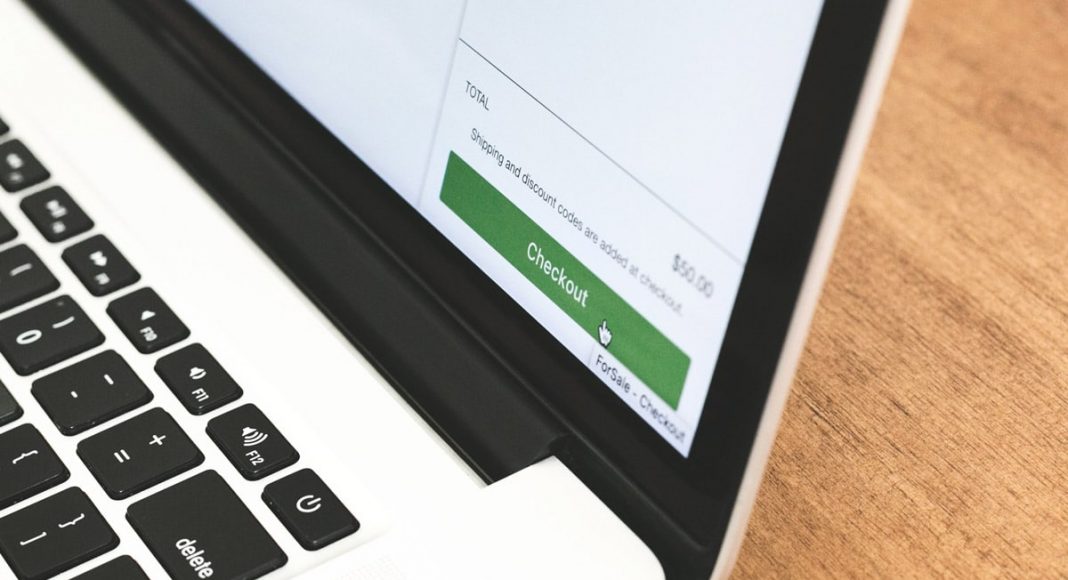Lack of regulations for cannabis testing is putting consumers in danger, according to research published this week in the Journal of the American Medical Association. According to the study, patients purchasing CBD-based medication online are most likely not getting what they pay for.
The research, conducted at the University of Pennsylvania, tested 84 CBD products bought via the web from 31 companies. The results were startling: More than two-thirds of the products were incorrectly labeled. Almost half (43 percent) of the product tested contained smaller amounts of CBD than promised and more than a quarter (26 percent) contained more.
For those consumers who bought liquid applications of CBD for vaping, an alarming 88 percent of the products were labeled improperly. Some of the products promising only CBD contained significant amounts of THC, the ingredient in cannabis that is responsible for its psychoactive effect. CBD does not create the “high.”
-
Related Story: 8 Things Everyone Gets Wrong About Marijuana’s CBD
Lead author Marcel Bonn-Miller, an adjunct assistant professor of psychology in psychiatry at the University of Pennsylvania, says this is study should concern medical patients — and parents treating their children with CBD. “Parents could be giving their kids THC without knowing it,” Bonn-Miller warned. He continued:
“Say I have a kid with seizures who’s in really bad shape, and I ordered some CBD oil as a last-ditch attempt to treat them. If I happened to order something that has hardly any CBD in it, that’s a problem. Number one, I might not be getting any therapeutic effect, and number two I’m probably spending a decent amount of money for CBD that I’m not actually getting.”
Because the federal government considers cannabis a Schedule 1 narcotic, the FDA does not regulate the contents of cannabis products. Bonn-Miller sees this as a roadblock to safety:
“Right now, if you buy a Hershey bar, you know it has been checked over; you know how many calories are in it, you know it has chocolate as an ingredient, you know how much chocolate is in there. It’s crazy to have less oversight and information about a product being widely used for medicinal purposes, especially in very ill children, than a Hershey bar.”
Until there is more uniform testing in the industry, it’s let the buyer beware.


